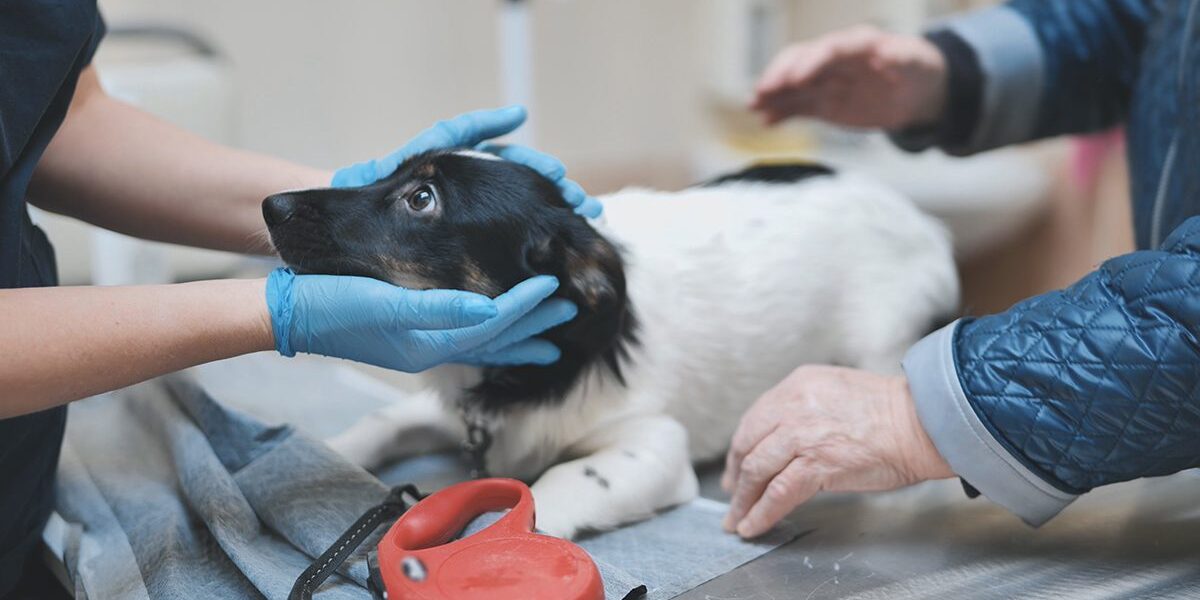
High Alert: What You Need to Know About Marijuana Toxicity in Pets
Let’s talk about something that’s becoming way too common in emergency vet clinics:
“I think my dog ate a weed gummy… should I be worried?”
Spoiler alert: Yes. Yes, you should be worried.
At PetMed of Key West Veterinary Clinic in Dubuque, marijuana toxicosis is one of the more frequent emergency calls we get—and while most pets recover with treatment, some cases can be life-threatening.
THC vs. CBD: Why It Matters
First, let’s be clear:
- CBD (cannabidiol) is generally safe for pets—when sourced correctly and dosed properly (more on that here)
- THC (tetrahydrocannabinol), the psychoactive component in marijuana, is toxic to dogs and cats.
Pets are much more sensitive to THC than humans. Even small doses can cause distress, dysfunction, and, in rare cases, death—especially if high-potency edibles or concentrated oils are involved.
Most Common Sources of Pet Exposure
- Edibles (especially brownies or gummies—double trouble with chocolate or xylitol!)
- Smoked joints or secondhand exposure
- Dropped or forgotten cannabis products
- Vape pens or concentrates
- Pet owners thinking “it might help their anxiety” (please don’t)
What Are Some Signs of Marijuana Toxicosis in Pets?
Symptoms usually start within 30–90 minutes and may last for hours—or even days—depending on the dose and form ingested. Watch for:
- Wobbly walking or stumbling (ataxia)
- Dribbling urine
- Disorientation or appearing “spaced out”
- Hypersensitivity to touch, sound, or movement
- Dilated pupils and glassy eyes
- Trembling or twitching
- Vocalization or restlessness
- Bradycardia (slow heart rate)
- Severe cases: seizures, coma, or respiratory depression
If your pet looks like they’re auditioning for That ‘70s Show—but can’t stand up, stop twitching, or figure out where their legs went—it’s time to call us. Immediately.
How We Treat Marijuana Toxicity
Treatment depends on how much and what type of product was ingested. In mild cases, we may recommend:
- Monitoring at home – untiI they stop seeing the butterflies
- IV fluids
- Anti-nausea medication
- Monitoring in clinic until symptoms resolve (this can take 12–24+ hours)
But in moderate to severe cases, especially when high doses or THC concentrates are involved, more intensive care is needed:
Lipid Infusion Therapy
This intravenous treatment uses fat-based fluids to absorb THC in the bloodstream, drawing it away from sensitive tissues like the brain and helping the body clear it faster. Lipid therapy can be life-saving—and may be needed for hours to days, depending on severity. Yes, hospitalization can be extensive, and yes, the bill may be a buzzkill.
Don’t Be Embarrassed—Just Be Honest
We’re not here to judge. We’ve seen it all: dogs who raided backpacks, cats who got into ashtrays, and very well-meaning people who “just wanted to calm their anxious lab.” Please be honest with us—it helps us treat your pet faster, more effectively, and safely.
Keep It Out of Paw’s Reach
- Lock up your edibles
- Keep joints and vape pens in secure drawers
- Never “dose” your pet with human cannabis products
- And educate houseguests who might not realize your golden retriever will eat anything
Call PetMed of Key West Veterinary Clinic in Dubuque immediately if your pet has ingested—or even just been exposed to—THC. The sooner we act, the better the outcome. And remember: just because you’re chill doesn’t mean your dog will be.
Let’s keep the highs where they belong—and the pets safe and sober.
